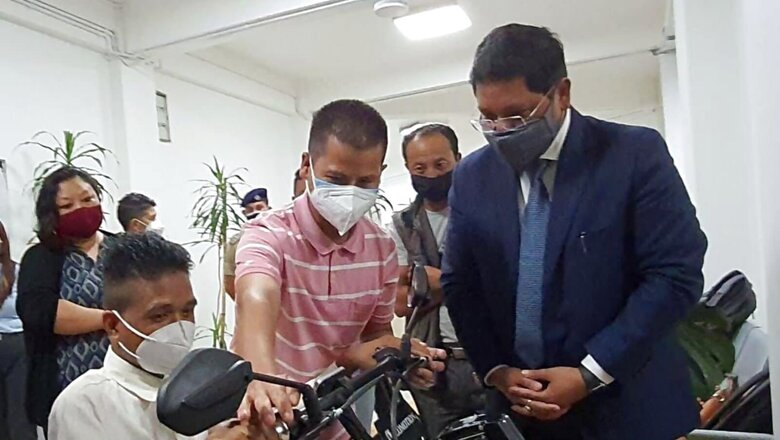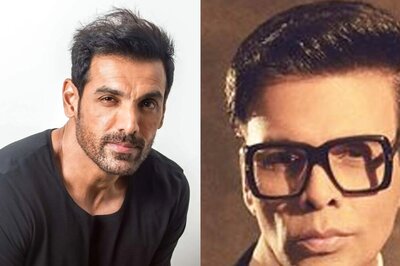
views
Employers have stereotype views or unconscious biases related to some types of disabilities, which act as a deterrent to hiring, claims a study by the Indian Institute of Technology (IIT) Madras. While the disparity in employment rates between persons with disabilities and the rest of the workforce has been highlighted as a cause for concern in several studies, factors contributing to the differences in employment rates within the heterogeneous group of people with disabilities have received lesser attention.
About 80 per cent of persons with disabilities globally are in developing countries like India with most of them being less educated, under/unemployed, and poor, the study highlights, which is based on the differences in employment rates among persons with disabilities, arising from diverse nature of their disabilities.
The study claims that employers have stereotype views or unconscious biases related to some types of disabilities, which act as a deterrent to hiring. While the disparity in employment rates between persons with disabilities and the rest of the workforce has been highlighted as a cause for concern in several studies, factors contributing to the differences in employment rates within the heterogenous group of people with disabilities have received lesser attention.
Read| CAT 2021 Didn’t Go Well? List of Colleges for Low Scorers
The new research was undertaken by Dr Lata Dyaram, Associate Professor, Department of Management Studies, IIT Madras, and her Doctoral Student, Vasanthi Suresh. The findings of this research have recently been published in the reputed peer-reviewed journal ’emerald insight’.
Highlighting the key findings of this study, Dr Dyaram, Associate Professor, Department of Management Studies, IIT Madras, said, “Based on interviews with leaders of 17 Public and Private Sector Organizations, the study reiterates the uneven representation of persons with various types of disabilities in organisations and identified some organisation-specific determinants (such as knowledge about the type of disability, work characteristics, accommodations, accessibility, and external pressures) that shape employer decision.”
Through interviews, the study captures stereotype views or unconscious biases related to some types of disabilities, which act as a deterrent to hiring. Other leader perceptions are dictated by factors like cost of workplace adjustments, accessibility, and the value addition they see from inclusion based on past experience. The external pressures vary for public and private sector. For the former, legislation and mandates are the drivers. For the latter, it is customer-related or industry-related trends.
Read| Tamil Nadu Has Highest Number of Women Entrepreneurs: IIT Madras Study
Uneven representation of persons with varied types of disabilities in the workforce underscores the need for organisations to seek talent beyond familiar types of disabilities. As employers play a critical role in promoting employment of persons with disabilities, this study explored leaders’ perspectives on key factors that direct their decisions regarding targeted recruitment of persons with various types of disabilities, claim the study.
Speaking about the need for such research, Vasanthi Suresh, Doctoral Student, Department of Management Studies, IIT Madras, said, “The Rights of Persons with Disabilities act mentions 21 types of disabilities whereas studies indicate that only persons with certain types of disabilities are represented in the employee base in organisations. Therefore, since employers are key stakeholders in generating employment opportunities and building inclusive workplaces, we focused on a less-explored area of how disability type influences leaders’ decision of recruiting from this untapped talent pool.”
Read all the Latest Education News here


















Comments
0 comment